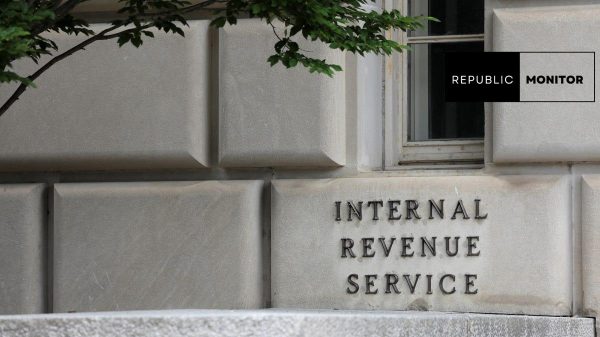According to a large new study from Israeli researchers, receiving at least one dose of the Pfizer vaccine increased the risk of a rare type of heart inflammation, particularly in young males.
However, the diagnosed cases were usually mild, and most of the patients were discharged without further treatment.

Pfizer Being Administered. (Photo: GETTY IMAGES)
Myocarditis
Myocarditis, an inflammatory condition of the heart muscle, has been reported in a few people who received either the Pfizer-BioNTech or Moderna mRNA vaccines. Chest pain, palpitations, and shortness of breath are all possible symptoms. The majority of patients who receive care quickly recover.
Only people who received the Pfizer vaccine were included in the study published in the New England Journal of Medicine on Wednesday.
54 cases of myocarditis were identified among more than 2.5 million people aged 16 years and older who received at least one dose of the Pfizer vaccine. Except for three, they all occurred in males. The age range was 21 to 35 years, with a median of 27.
The researchers examined healthcare records from December to May at Clalit Health Services, Israel’s largest healthcare organization. Patients were monitored for up to 42 days after receiving their first doses of the vaccine.
In total, there were two cases of myocarditis for every 100,000 people who received the vaccine. Male patients aged 16 to 29 had the highest rate of myocarditis, with nearly 11 cases per 100,000 vaccinated people.
The authors noted that the rate in Israel was higher than in the United States, where the Centers for Disease Control and Prevention collects data, most likely due to differences in data collection methods. According to the CDC, the risk of myocarditis following any Covid vaccination is 0.48 cases per 100,000.
“The benefits still outweigh the potential risks in all age groups,” said Dr. Sean O’Leary, vice chairman of the American Academy of Pediatrics’ committee on infectious diseases, who was not involved in the research.
He called the study “very nicely done” and said it would help researchers better understand the true risk of myocarditis after vaccinations, particularly in younger men.
Read Also: 44-Year Old Woman With Cancer Receives 3rd Dose Of Moderna’s Vaccine

A Nurse administering the COVID Pfizer Vaccine. (Photo: Getty Images)
Cases Occurred After the Second Vaccine Dose
According to CDC data, most cases in Israel occurred three to five days after the doses. The third booster dose of the Pfizer vaccine, which Israel began administering this summer, was not included in the study.
The most commonly reported symptom was chest pain, followed by fever and shortness of breath. The average hospital stay was three days, with 65 percent of patients discharged without the need for further treatment.
Fourteen patients had problems with the left ventricle of the heart during their stay, and ten of them were still having problems when they were discharged. Later testing revealed that five of those patients had normal heart function.
More than three-quarters of the cases were classified as mild, indicating that the patients experienced symptoms but had normal heart function. Another 22% of those with symptoms had some abnormality in cardiac testing.
“The study reinforces the bottom-line message, which is that most of these cases are mild,” said Dr. Walid Gellad, the director of the Center for Pharmaceutical Policy and Prescribing at the University of Pittsburgh.
Dr. Walid Gellad, who was not involved in the study, said it was very useful in understanding the true risk of myocarditis after receiving a Pfizer vaccine shot.
Read Related Article: 37% 0f COVID-19 Patients Suffer At Least One Long-Lasting Symptom, New Study Shows















